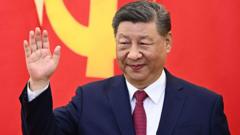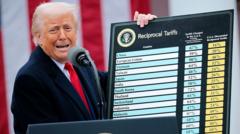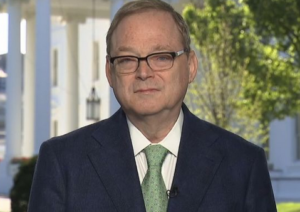Prime Minister Keir Starmer's warming approach to China faces scrutiny as an emergency intervention at a Chinese-owned steel mill signals potential risks in foreign investment strategies.
### Tensions Emerge Over Chinese Steel Mill in the UK: A New Phase in Bilateral Relations?

### Tensions Emerge Over Chinese Steel Mill in the UK: A New Phase in Bilateral Relations?
As UK-China relations shift due to a steel mill dispute, the implications for trade and diplomacy are profound.
In April 2025, Britain's attempts to advance diplomatic relations with China have run into trouble with an unexpected incident at a Chinese-owned steel plant in Scunthorpe, Lincolnshire. The British Parliament's recent decision to take control of the facility has raised alarms about the future of UK-China relations, particularly amid President Trump's rising trade protectionism.
This intervention was mainly motivated by the potential closure of two critical blast furnaces at the plant, which could lead to a loss of 2,700 jobs and significantly hamper the UK's production of crude steel, an essential material for construction. The government's discussions with Jingye, the Chinese parent company, came to an abrupt halt after the firm declined financial support to keep operations running.
Officials in Britain have expressed frustration over what they perceive as a lack of cooperation from Jingye, with accusations of negligence regarding ordering necessary raw materials to sustain the mill. Some cabinet members are now reassessing whether allowing Chinese businesses into sensitive sectors like steel is advisable. Jonathan Reynolds, the UK business secretary, conveyed this sentiment, noting his personal skepticism about further investment from Chinese firms within the industry.
The steel industry is a critical part of the UK's industrial landscape. Its significance is exacerbated by current global market tensions stemming from protectionist policies championed by the Trump administration. Given these complexities, the incident at the Scunthorpe mill might prompt UK officials to rethink their investment policies regarding foreign firms—particularly those from China—impacting not only the economic sphere but also broader diplomatic relationships.
As the UK navigates these turbulent waters, the future of its strategic partnerships, particularly with China, may be reshaped by this unfolding crisis in the steel sector.






















